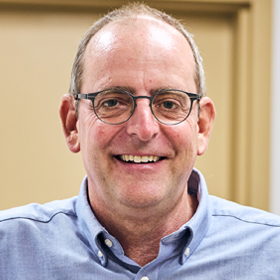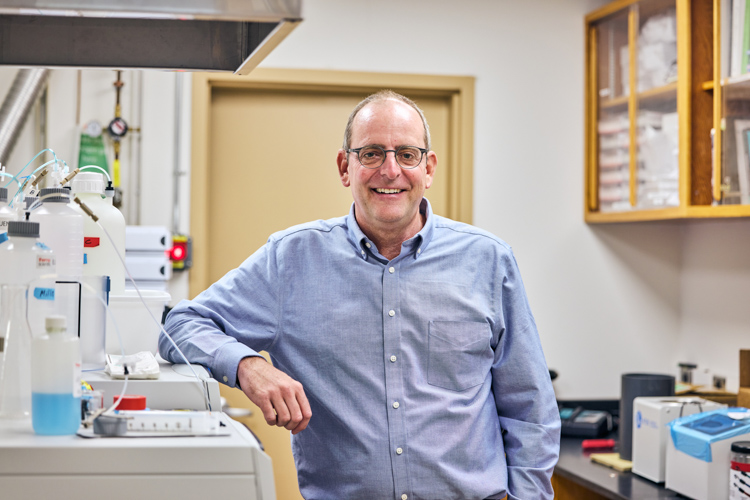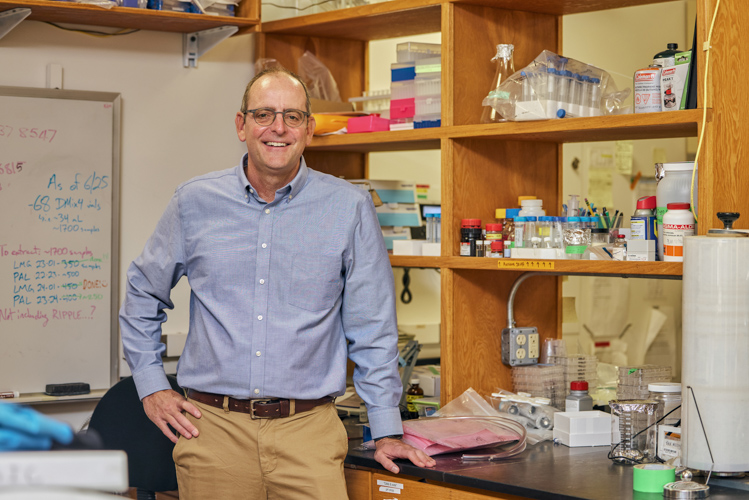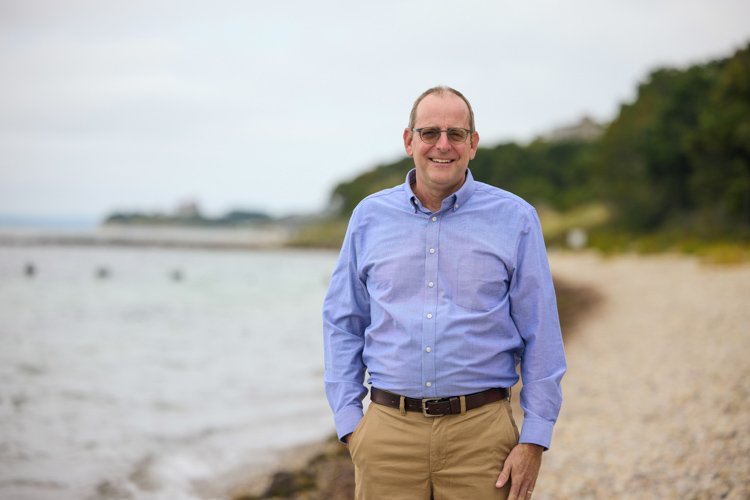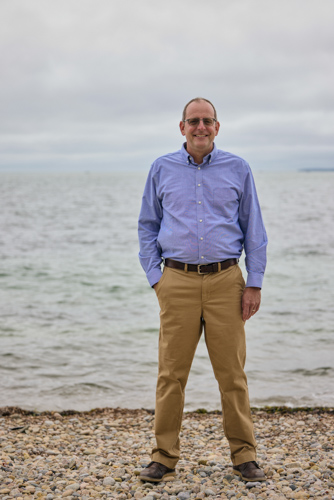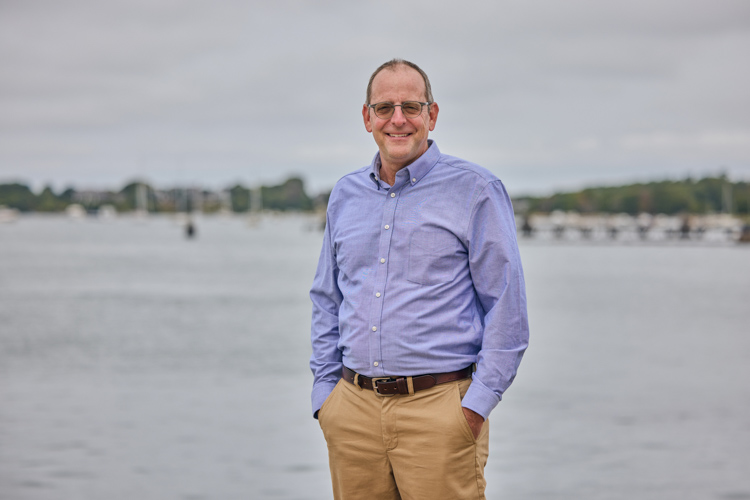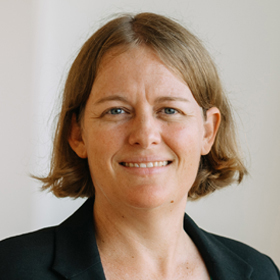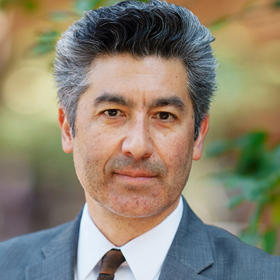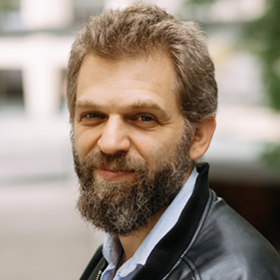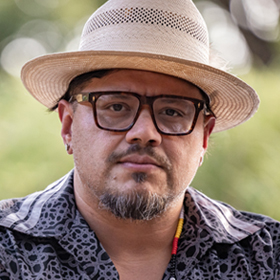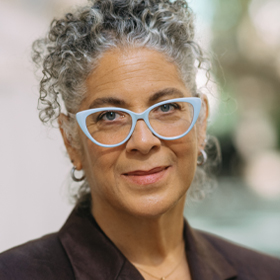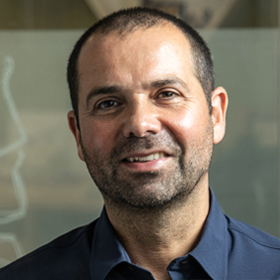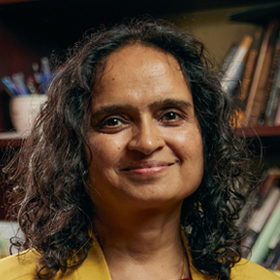About Benjamin's Work
Benjamin Van Mooy is an oceanographer investigating how microbial organisms shape cycling of elements fundamental to life in marine environments. Van Mooy’s research focuses on plankton, microbial organisms that play a critical role in nitrogen, phosphorus, and carbon cycling in the ocean. Van Mooy integrates a deep understanding of ecological, biophysical, and oceanographic processes into his design of new experimental platforms to characterize the metabolic functions and lipid composition of plankton across different ocean settings. Van Mooy’s work on planktonic lipid dynamics sheds light on how changes to marine ecosystems could impact food webs, carbon sequestration, climate regulation, and other biogeochemical processes.
In early work, Van Mooy determined that phytoplankton in the Sargasso Sea—which is low in phosphorus—maintain growth by replacing phosphorus-containing lipids in cell membranes with sulfur-containing lipids. Phytoplankton are the basis of the ocean food web, so any change to the nutrient content of their cells has broader implications for ecosystems at the ocean scale. In another collaborative research avenue, Van Mooy’s examination of the metabolic cycles of eukaryotic phytoplankton in the North Pacific revealed a previously unknown cycle of carbon production and consumption. These phytoplankton produce energy-rich lipids known as triacylglycerols (TAGs) via photosynthesis during the day, and they consume the TAGs at night. At sunset, 40 percent of their photosynthetic carbon is in the form of TAGs, but that carbon is consumed by dawn. Thus, the amount of lipids transferred to the food web (via consumption by other organisms) or released as carbon into the ocean varies significantly by time of day. In more recent work, Van Mooy conducted a global-scale analysis of lipid composition of marine particles across a wide range of ocean environments. This data revealed a correlation between the ocean temperature and lipid composition. Plankton produced more unsaturated lipids—such as omega 3 fatty acids, which hold more nutritional value—at cooler temperatures, indicating that the nutritional value of plankton is likely to fall as oceans warm due to climate change.
Currently, Van Mooy is investigating the factors driving the downward flux of organic cellular materials as part of the carbon cycle and carbon sequestration in the ocean. He and collaborators have devised new techniques for molecular characterization of what is known as marine snow: microscopic organic matter falling from the upper layers of the ocean to the deep sea. Van Mooy is filling critical gaps in our understanding of intricate biogeochemical networks that sustain life on Earth and of how climate change could impact the health and productivity of our oceans.







